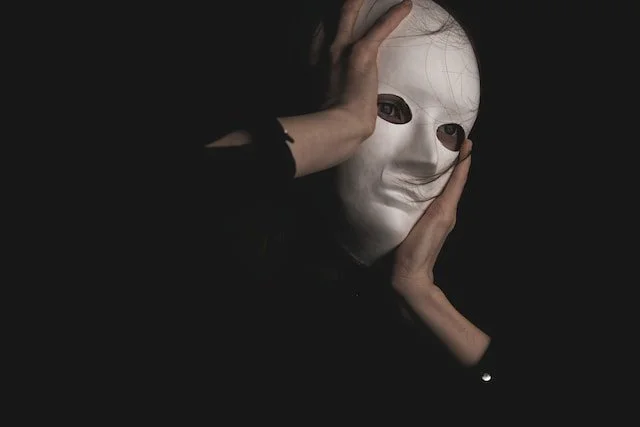One of the many disappointing realities about the American political landscape is the lack of ownership. It’s not just politicians who shirk ownership – we all do. When my microphone sounds wonky, my mind immediately goes to the sound tech wondering if he will remedy his mistake, not to the more likely responsible party: myself. I probably moved the microphone or pulled the cord.
Of course we know that avoiding ownership usually backfires. Our esteem falls for those who dodge responsibility. But even still, the temptation to blame shift is strong in all of us.














